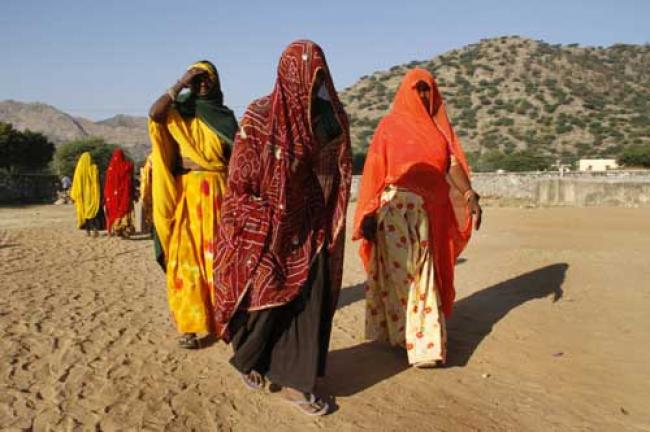04 Feb 2014

The flagged recommendations for immediate action are as follows:
1. That the constitutional promise of a right-based approach needs to be promoted for positive outcomes to enhance the status of women.
2. That there is an urgent need to formulate National Policy and Action Plan for Ending Violence Against Women impacting the life cycle of female population at every stage of her life.
3. Institutional mechanisms should be strengthened and well resourced. The Minister for Women and Child Development should be of cabinet rank, thus reflecting the Government’s concern with women’s issues.
4. Currently large amount of resources continue to be directed towards child development under the Ministry of Women and Child Development. Increased resources would enable prioritization of gender concerns as well.
5. Further, the MWCD should engage with, participate in and draw from international debates. It is also not out of place to point out that the Concluding Observations of the CEDAW Committee should be revisited and acted upon by Government of India as part of our international commitments to uphold women’s rights.
6. The parliamentary Committee on Empowerment of Women must examine the gender implications of all proposed legislations. There is also a need for the Committee to meet more often, and its meetings should be open to civil society groups as observers.
7. The role of the National Commission for Women must go beyond reactive interventions to fulfill the proactive mandate of studying, recommending and influencing policies, laws, programmes and budgets to ensure full benefits to the stake holders.
8. The National Commission for Women, as an apex body is responsible for and answerable to 50% of the Indian population. In keeping with this, the selection and composition of the members must be made through an institutionalized and transparent process. A selection committee comprising of experts must be given the task of searching, identifying and selecting the members who must be professionals of proven expertise. Appointments must be made keeping professional capability in mind and not political affiliations.
9. Gender Responsive Budgeting coupled with gender audits should be taken more seriously to reflect purposive gender planning.
10. The development paradigm must have a major thrust on decentralization which would result in larger numbers of women participating in the developmental process.
11. Legislation for 50 per cent reservation for women in all decision-making bodies should be enacted.
12. Assessment of the status of women in India should be a regular feature. It took 25 years for the first Status Report and now 40 years to constitute the present High Level Committee. There should be a regular mechanism for continuous examination and assessment of status of women and reporting back publically to the nation and women of India on a bi-annual basis.
The Government of India had set up a High Level Committee on the Status of Women to undertake comprehensive study to understand the status of women since 1989 as well as to evolve appropriate policy interventions based on a contemporary assessment of women’s needs by this ministry.
The Committee will also conduct an extensive literary survey on the status of women in India from 1989 onwards. It will prepare a report on the socio-economic, political and legal status of women in India. The report will be submitted to the Ministry of Women and Child development within two years period, said a government release.